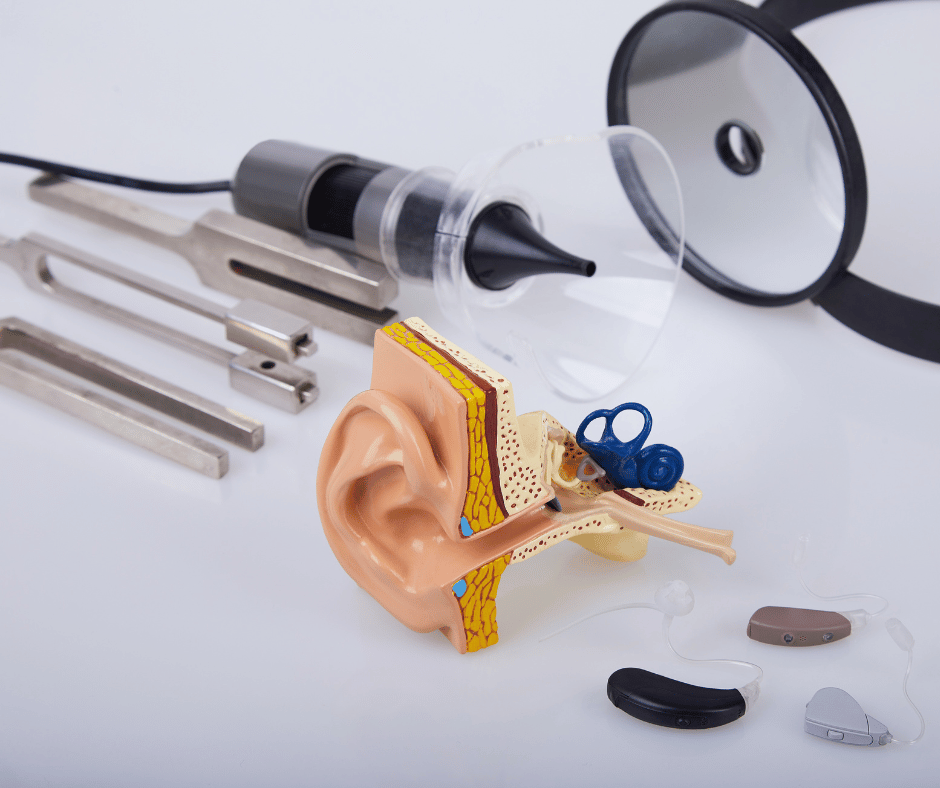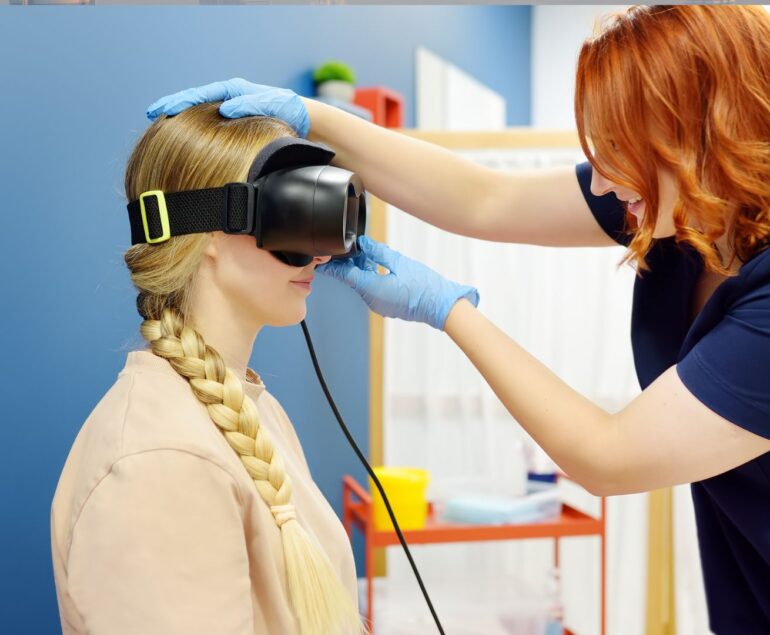In today’s fast-paced world, where we are constantly bombarded with noises from various sources, preserving our hearing health often takes a backseat. As an ENT Surgeon, I’ve witnessed firsthand the repercussions of neglecting our ears’ well-being. That’s why I’m here to shed light on the importance of regular hearing screenings.
Understanding Hearing Screenings
Hearing screenings are quick and painless tests that assess an individual’s ability to hear different sounds. Typically conducted by audiologists or trained healthcare professionals, these screenings help identify any potential hearing issues early on.
Early Detection of Hearing Issues
Early detection of hearing problems is crucial as it allows for timely intervention and management. Conditions such as age-related hearing loss, noise-induced hearing loss, and congenital hearing disorders can be better managed when detected early.
Benefits of Regular Hearing Screenings
Regular screenings offer a myriad of benefits, including the prevention of further hearing loss, improved communication skills, enhanced cognitive function, and overall better quality of life.
Risk Factors for Hearing Loss
Various factors contribute to hearing loss, including exposure to loud noises, aging, genetic predisposition, and certain medical conditions like diabetes and cardiovascular disease.
Frequency of Hearing Screenings
The frequency of screenings varies depending on individual risk factors and age. While newborns may undergo hearing screenings shortly after birth, adults should consider regular screenings as they age, especially if they are exposed to high levels of noise or have pre-existing health conditions.
Accessible Hearing Screenings
Despite the importance of hearing screenings, accessibility remains a challenge for many. Efforts are being made to make screenings more widely available through community health programs, schools, and workplaces.
Professional Guidance and Support
ENT surgeons play a crucial role in diagnosing and treating hearing disorders. Seeking medical advice from a qualified professional is essential for accurate assessment and personalized care.
Technological Advances in Hearing Screenings
Advancements in technology have revolutionized hearing screenings, making them more accurate, efficient, and convenient. From portable screening devices to tele-audiology services, technology has expanded access to screenings.
Promoting Hearing Health Awareness
Raising awareness about the importance of hearing health is vital in encouraging individuals to prioritize regular screenings. Educational initiatives and outreach programs can help dispel myths and misconceptions surrounding hearing loss.
Addressing Stigma Surrounding Hearing Loss
Breaking the stigma associated with hearing loss is crucial for encouraging people to seek help. By fostering a culture of acceptance and understanding, we can create a more inclusive environment for individuals with hearing impairments.
Taking Action Towards Better Hearing
It’s time to take proactive steps towards better hearing health. Incorporating regular screenings into our healthcare routines and advocating for policies that promote access to screenings are essential steps in this journey.
Testimonials and Success Stories
Real-life testimonials from individuals who have benefited from hearing screenings serve as powerful reminders of the positive impact early intervention can have on one’s life.
The Role of Family and Support Systems
Family support plays a significant role in encouraging individuals to prioritize their hearing health. By involving loved ones in the screening process, we can foster a supportive environment conducive to better hearing outcomes.
Conclusion
Regular hearing screenings are not just about preserving our ability to hear; they’re about ensuring a better quality of life for ourselves and our loved ones. By making hearing health a priority and embracing regular screenings, we can safeguard our precious sense of hearing for years to come.
FAQs
1. How often should I get a hearing screening? Regular screenings are recommended, especially as you age or if you’re exposed to loud noises frequently. Discuss with your healthcare provider for personalized recommendations.
2. Are hearing screenings covered by insurance? Some insurance plans may cover hearing screenings, particularly if they are deemed medically necessary. Check with your provider for details.
3. What happens during a hearing screening? During a screening, you’ll typically be asked to listen to a series of tones and respond accordingly. The process is painless and non-invasive.
4. Can hearing screenings detect all types of hearing loss? While screenings can identify most common types of hearing loss, further diagnostic tests may be needed for a comprehensive assessment.
5. I’ve never had a hearing screening before. Is it too late to start? It’s never too late to prioritize your hearing health. Schedule a screening today to take the first step towards better hearing.
About Author:
Dr. Vivek Kumar Pathak: Renowned ENT Surgeon, Senior Professor, and Founder.
Dr. Pathak, ENT surgeon at Kailash Hospital, Senior ENT Professor at Sharda University, and founder of Entegrity Care, brings expertise and innovation to healthcare. Discover the visionary behind Doxtreat Healthcare, shaping the future of ENT care.
Website www.drvivekpathak.com
Call +917838450942
WhatsApp +91 78384 50942
Book an appointment with Dr. Vivek kumar Pathak by filling the form.



